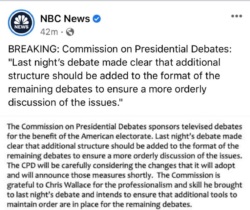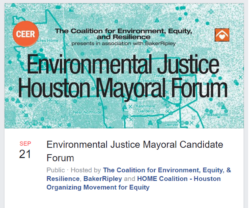Convening and Commenting on Debates
Our attorneys for this episode:
Shownotes
- Public charity 501(c)(3)s can educate candidates and voters.
- Many debates are run by 501(c)(3)s.
- Example: Commission on Presidential Debates is a 501(c)(3) public charity

- Remember 501(c)(3)s cannot support or oppose candidates.
- Nonprofits can host debates as an opportunity to educate voters
- Candidate education
- Host a debate with a coalition
- Invite all viable candidates (what is viable)
- Prepare questions prior, and ensure an adequate moderator
- No candidate pledges

- Nonprofits can respond to things said in debates
- Fact-checking is ok, but not support/opposition to candidates
- Be consistent in your language.

- Consistency and a track record are key.
- Best practices:
- Think through why responding now helps its advocacy program,
- Determine who is permitted to “speak on behalf of the organization,”
- Focus on what is said (the issue) and not the candidates themselves, and
- Ensure that the facts provided meet the above objectives.
- Example: Southern Poverty Law Center (c3) responding to President Trump’s comment about the “Proud Boys”

Resources
- Hosting Candidate Debates: Public Charities Can Educate the Community Through Candidate Debates
- Commenting on Candidates and Campaigns: How 501(c)(3)s Can Respond During an Election Year
- Responding During Election Season and Debates
- Sample 501(c)(3) Organizational Policy for Election Season
- Bolder Advocacy’s TA hotline: 866-NP-LOBBY
- Email us at Advocacy@afj.org